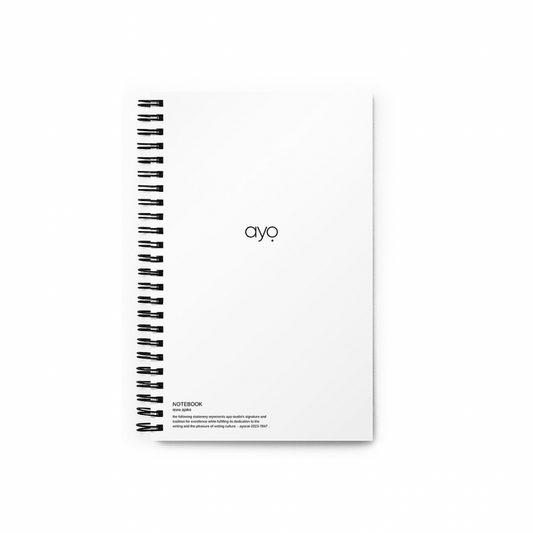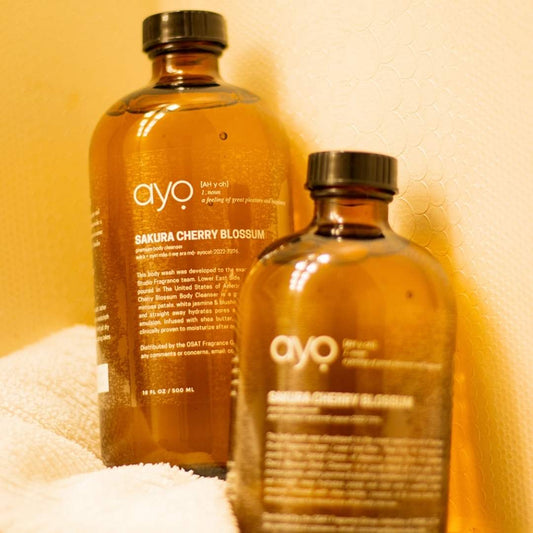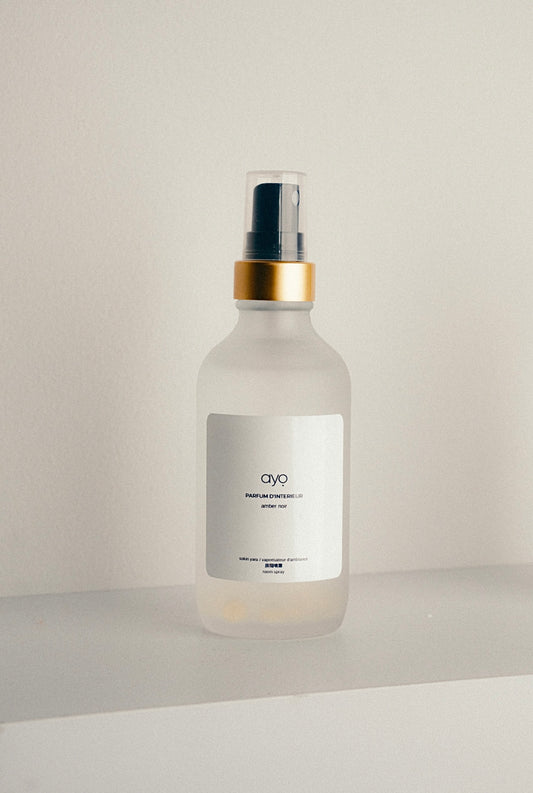-
How to Be Healthy: An Ancient Guide to Wellness by Galen
Regular price $21.00 USDRegular priceUnit price per -
How to Focus: A Monastic Guide for an Age of Distraction by John Cassian
Regular price $21.00 USDRegular priceUnit price per -
How to Be Flourish : How to Flourish: An Ancient Guide to Living Well by Aristotle [author] + Susan Sauvé Meyer [translator]
Regular price $21.00 USDRegular priceUnit price per -
mojito lip balm by MALIN+GOETZ
Regular price $17.00 USDRegular priceUnit price per$24.00 USDSale price $17.00 USDSale -
dark rum candle (2.35 oz) by MALIN+GOETZ
Regular price $25.20 USDRegular priceUnit price per -
Beoplay A9 Speaker [Blue] by BANG & OLUFSEN
Regular price $3,800.00 USDRegular priceUnit price per -
How to Grow Old : Ancient Wisdom for the Second Half of Life by Cicero [author], Phillip Freeman [translator]
Regular price $17.00 USDRegular priceUnit price per -
How to Keep Your Cool: An Ancient Guide to Anger Management by Seneca [author] and James Romm [translator]
Regular price $17.00 USDRegular priceUnit price per -
How to Be Free : An Ancient Guide to the Stoic Life By Epictetus [author], Introduction by Anthony Long
Regular price $17.00 USDRegular priceUnit price per -
Pierre Jeanneret Velvet Arm Chair (Walnut)
Regular price $367.00 USDRegular priceUnit price per -
Notebook #1
Regular price $17.00 USDRegular priceUnit price per -
Sakura (Japanese) Cherry Blossum Body Cleanser
Regular price $22.00 USDRegular priceUnit price per -
ayọ home fragrance
Regular price $27.00 USDRegular priceUnit price per

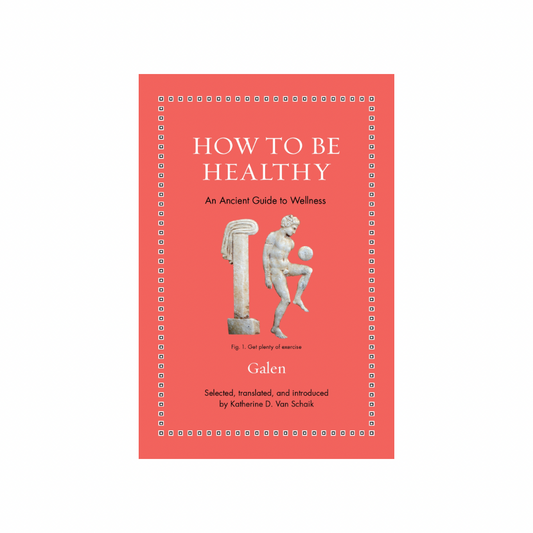
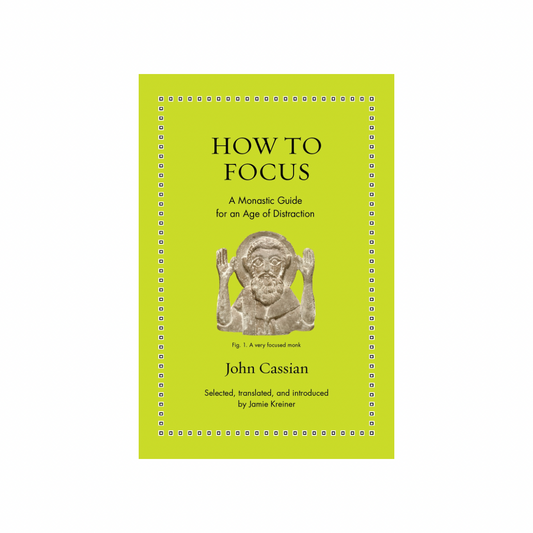
![How to Be Flourish : How to Flourish: An Ancient Guide to Living Well by Aristotle [author] + Susan Sauvé Meyer [translator]](http://ayostudios.com/cdn/shop/files/image_e72c0759-2862-486b-ab95-bab506414e80.png?v=1685711994&width=533)
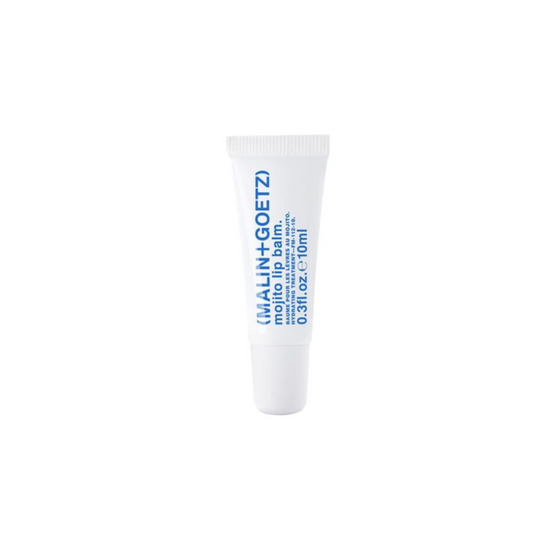
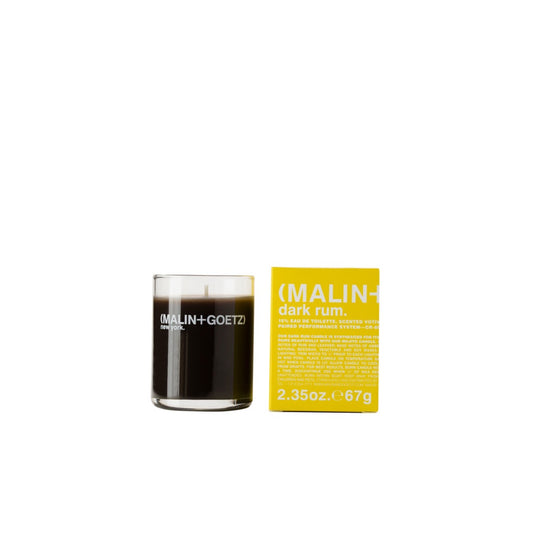
![Beoplay A9 Speaker [Blue] by BANG & OLUFSEN](http://ayostudios.com/cdn/shop/files/image_482195cf-d6c1-451d-b934-f0863fec500e.png?v=1683270516&width=533)
![How to Grow Old : Ancient Wisdom for the Second Half of Life by Cicero [author], Phillip Freeman [translator]](http://ayostudios.com/cdn/shop/products/image_5b82f4e4-4032-4137-b225-4a40fd2b5007.png?v=1680307965&width=533)
![How to Keep Your Cool: An Ancient Guide to Anger Management by Seneca [author] and James Romm [translator]](http://ayostudios.com/cdn/shop/products/image_5c0be819-2b2b-48c9-bd60-75f6dcc16362.png?v=1680307239&width=533)
![How to Be Free : An Ancient Guide to the Stoic Life By Epictetus [author], Introduction by Anthony Long](http://ayostudios.com/cdn/shop/products/image_5b3f9a11-cf29-48c7-8f9b-eb2ab1f272c5.png?v=1680307372&width=533)

